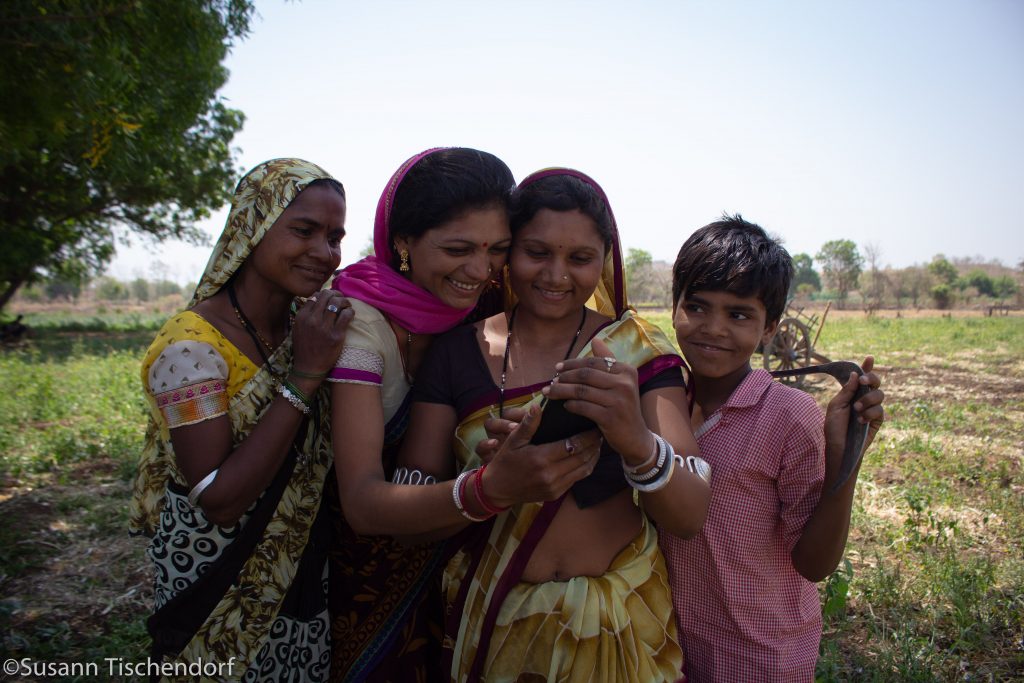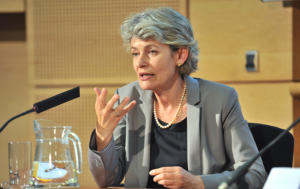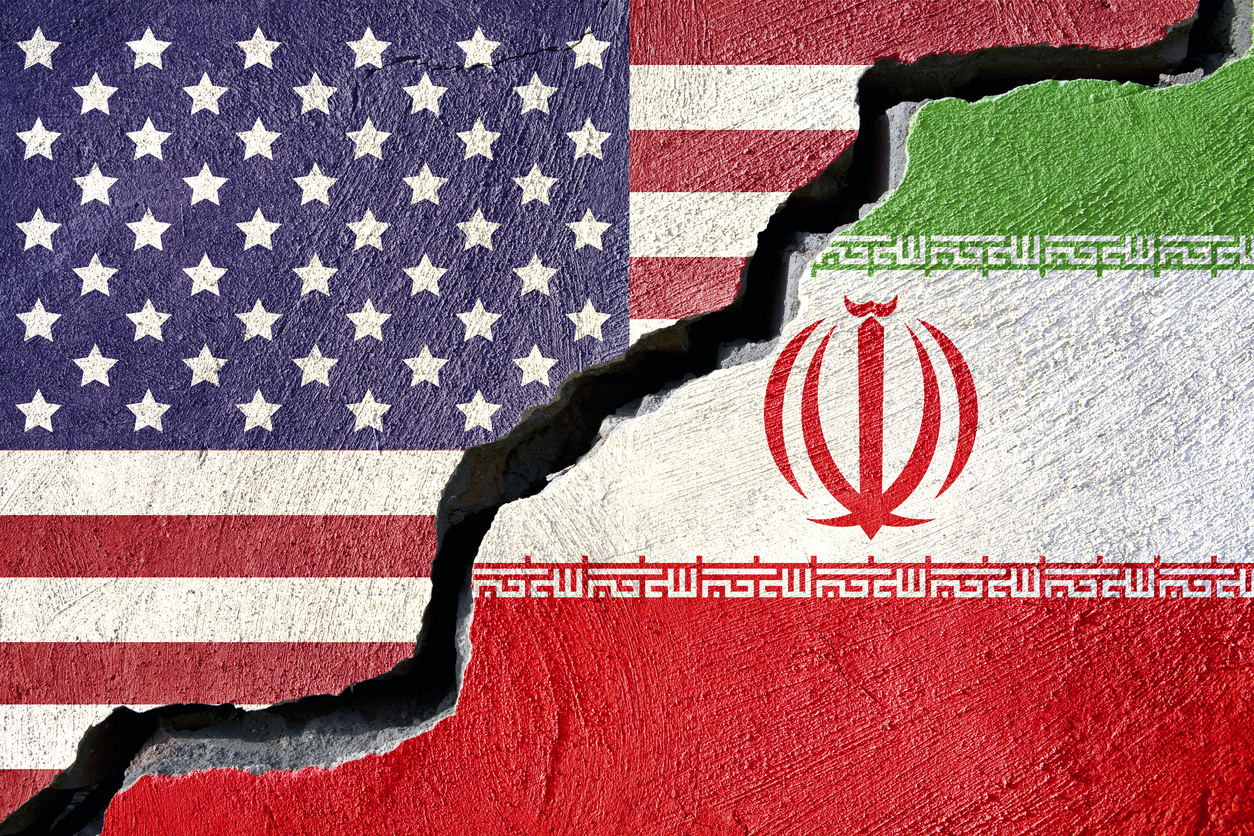by Susann Tischendorf, Director at Inclusive Business Action Network and Alexandra Harris, Writer, Inclusive Business Action Network
Why including low-income consumers and producers is good for business – and key to meeting the UN’s Sustainable Development Goals.
Innovative and inclusive businesses play an important role in achieving the United Nations’ Sustainable Development Goals (SDGs), a blueprint for achieving a liveable, sustainable future for everyone. The SDGs explicitly call on business to find creative and innovative solutions to address sustainable development challenges.
Inclusive business entrepreneurs actively contribute to the SDGs by increasing access to basic services and creating employment opportunities for the poor. These companies tap into the economic potential of 4.5 billion people living at the base of the economic pyramid (BOP), who subsist on less than $8 per day.
The short documentary film below focuses on some companies with inclusive business models that are aiming to improve the lives of local communities around the globe. It highlights examples from Kenya and Myanmar. The film was awarded the Silver Trophy at the 2020 Deauville Green Awards, an international film festival dedicated to the environment and sustainable development.
“Business solutions are an integral part of achieving a world in which, by 2050, even beyond 2030, more than nine billion people can live well within the limits of what the planet can sustain,” said Filippo Veglio, Managing Director of People & Senior Management Team at the World Business Council for Sustainable Development.
Inclusive business ventures improve the living conditions of poor and low-income people by including them in their value chains or by providing affordable goods and services to them. Both approaches present enormous market opportunities, as the estimated global base of the consumer market pyramid approaches $5 trillion. In targeting these market segments, inclusive businesses often drive innovation and uncover new sources of profitability. They strengthen value chains, build operations that are more effective, and enhance long-term competitiveness. Companies that address the global goals will have a competitive advantage in attracting investment in the years to come. In 2018, GIIN’s Annual Impact Investor Survey identified 32 impact investors that tracked their investment performance in line with the SDGs.

The two key questions are: How can more companies transform their ventures into inclusive businesses, and how can existing inclusive businesses successfully upscale their business models?
Founded in 2014, the Inclusive Business Action Network (iBAN) is a global initiative that plays an active role in creating an enabling environment to support inclusive business entrepreneurs. iBAN provides companies and governments in developing countries and emerging markets with capacity-building measures and practical insights, with the goal of scaling up inclusive business.
In order to achieve this, iBAN is working along three interconnected pillars. At the global level, iBAN manages the largest online knowledge platform on inclusive business, inclusivebusiness.net, which reaches users in 186 countries and draws more than 8,000 visits per month. The platform offers an insightful bi-monthly online magazine, training, webinars, online courses, resource databases and tools from thought leaders in the field, addressing the most pressing challenges inclusive businesses face today.

At the national level, iBAN offers customised training addressing the needs of companies (covering, for example, access to finance, investment readiness, access to information and service providers) that want to upscale their inclusive business. In the third pillar, iBAN is working with national governments and regional organisations to improve the framework conditions for inclusive business. This is done through a structured approach that includes awareness and capacity-building measures for policymakers and studies, to provide evidence-based content for public-private policy dialogue and policy reforms. iBAN also facilitates a peer-learning process among policymakers, which has proven to be very successful in Southeast Asia and is now being introduced to policymakers in selected countries in sub-Saharan Africa.
iBAN’s approach is characterised by strong collaborations with various partners. Through networks, partnerships and best-practice solutions, inclusive businesses are learning how to best harness the opportunities inherent in the BOP market. “Inclusive businesses are not only the private sector contribution to achieving the SDGs, they also provide a triple-win situation for companies, people and government. The companies can expand their financial growth and sustainability and create more employment opportunities, the poor have higher income and/or access to better products and services, and the governments reduce their social welfare costs and subsidies as more people and communities experience economic growth,” said Christian Jahn, Executive Director of iBAN.
The coronavirus pandemic is affecting the way inclusive businesses work. iBAN is providing an overview of new initiatives ranging from webinars, TED talks, podcasts and checklists for entrepreneurs to help support inclusive business companies during this difficult time. You can access these resources here.
For more information, please visit inclusivebusiness.net
To find out more, check out the following publications and articles:
• Read the latest edition of iBAN’s insightful bi-monthly online magazine CLUED-iN.
• Meet Vava Angwenyi, the founder of Vava Coffee Kenya, a B-Corp certified social enterprise which builds the capacities of coffee and negotiates better prices with buyers in consuming countries.
• How can we permanently close the global gap in income? iBAN speaks to Ashoka founder Bill Drayton about his vision of a world where everyone is a changemaker! https://www.inclusivebusiness.net/clued-in/8/article/4880
• Who should inclusive business practitioners look to for inspiration? Liv Elson thinks it should be those who have impacted a million or more customers. Learn more about this and the new Million Lives initiative https://www.inclusivebusiness.net/clued-in/8/article/4897
• Rebecca Harrison from the African Management Initiative explores how to nurture leaders for inclusive business across Africa, proposing scalable solutions that support entrepreneurs and have tangible business impact. https://bit.ly/2GK63nP






